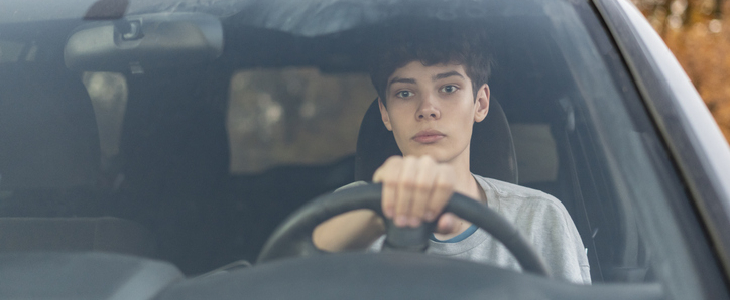When a friend borrows your car and then gets involved in an accident, it introduces a complex situation that requires immediate attention and careful handling. This incident not only affects your vehicle but also your relationship with your friend and potentially your financial standing, depending on insurance coverage and liabilities. It is essential to approach this matter with a clear understanding of the necessary steps to address the damages, sort out insurance claims, and navigate the legal implications, all while maintaining open and constructive communication with your friend so that your friendship can hopefully be preserved.
As far as the legal implications, there are a few legal avenues that might come into play in Georgia by loaning your car to your friend, who then has an accident. Georgia follows the principle of “negligent entrustment” which can apply when someone loans their car to another person who then gets involved in a car accident. If the car owner lends their vehicle to someone whom they know or should have known was incapable of driving it safely, they may be liable under this theory of negligent entrustment. This could be due to the driver’s lack of experience, impairment, or history of reckless driving.
Additionally, Georgia follows a doctrine known as the “family purpose doctrine.” This doctrine can hold the owner of a vehicle liable for negligent driving by family members under the theory that the vehicle is provided for the family’s use and benefit.
If neither of the above legal principles applies in a situation, then basic car insurance principles will apply to determine who is liable for the damages as a result of the accident, whether to the person or the vehicle. Under Georgia law, car liability insurance generally follows the vehicle. This means that if a friend borrows your car and is involved in an accident, your insurance that may apply to cover the damages up to the policy’s limits. This includes liability coverage for bodily injury and property damage to others. If you have collision coverage, it may also cover the damage to your car.
If the damages exceed your policy limits, your friend’s automobile insurance policy might then act as secondary coverage. This means their policy could cover the remaining costs up to the limits of their policy. However, this is contingent on your friend having their own auto insurance policy with sufficient coverage.
If your insurance is used to cover the accident, you may be responsible for paying any applicable deductibles. Remember that specific terms and exclusions in your insurance policy can affect coverage, so it is crucial to understand the specifics of your policy.
Additionally, it is also important that your friend has your permission to drive the car. Insurance coverage might be denied if it is found that your friend did not have explicit or implied permission to use the vehicle.
Regardless of whose insurance will ultimately cover the damages, it is important to report the accident to both your insurance company and your friend’s insurance company (if applicable). This ensures that the claims process can begin and that both insurance companies are aware of the incident.
As you can see, the specifics of liability can vary based on the circumstances of the accident, the policies involved, and the agreements (if any) between the car owner and the person borrowing the car. For example, if it can be proven that the car owner had no reason to believe that the borrower was unfit to drive or that the borrower’s driving would lead to an accident, the owner’s liability might be limited.
Takeaway
It is essential for vehicle owners to understand their insurance policy’s terms regarding permissive use (when someone borrows your car with your permission) and to exercise caution when deciding to lend their vehicle to others. Consulting with an attorney can provide guidance tailored to specific situations, especially in the aftermath of an accident where liability is questioned. Given the complexities of insurance policies and state laws, it is always a good idea to contact your insurance provider directly to understand how your specific policy works and how it would apply in the event you loan your car to a friend who then gets into an accident. They can provide the most accurate information based on your policy and the circumstances. Consulting with an attorney can provide guidance tailored to specific situations, especially in the aftermath of an accident where liability is questioned. Gautreaux Law has experienced
personal injury attorneys who are skilled in handling automobile accident cases and will make sure that your interests are protected. Contact our office for an initial complimentary consultation.



